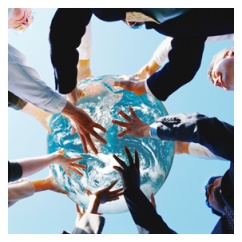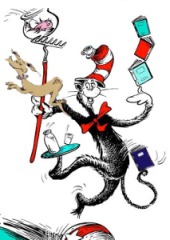Of all the self help tips I’ve read, all the leadership lessons that have been passed along to me, all the nuggets of life advice I’ve been given, I can sum everything up in one word:
Listen.
We’re all different people coming to situations with different perspectives. We all have something to offer a situation and a good leader understands that. A good leader can listen to everyone that comes across their path and distill order out of chaos. But before they can make sense of anything, they must do just that: listen.
Listening isn’t something to be done passively. In fact, meaningful listening takes more effort and energy than speaking. Listening doesn’t just mean hearing – it means understanding where the person is coming from, what matters to them, and how they feel about a situation. It means hearing what they are saying but also perceiving their body language, tone, and passion. It takes unique abilities to listen well, and it just may be the secret to becoming a great leader.
Today, consider the situations you find yourself in. When communicating with others, are you truly actively listening, or coming to the conversation with your own agenda? It’s great to maintain focus when it comes to getting what you want, but be open to understanding other people’s perspectives as well. You never know, what you thought you wanted just might not have been the best thing for you or your organization.
-N.C.





 Here’s an interesting piece on kindness in the business world:
Here’s an interesting piece on kindness in the business world: 

